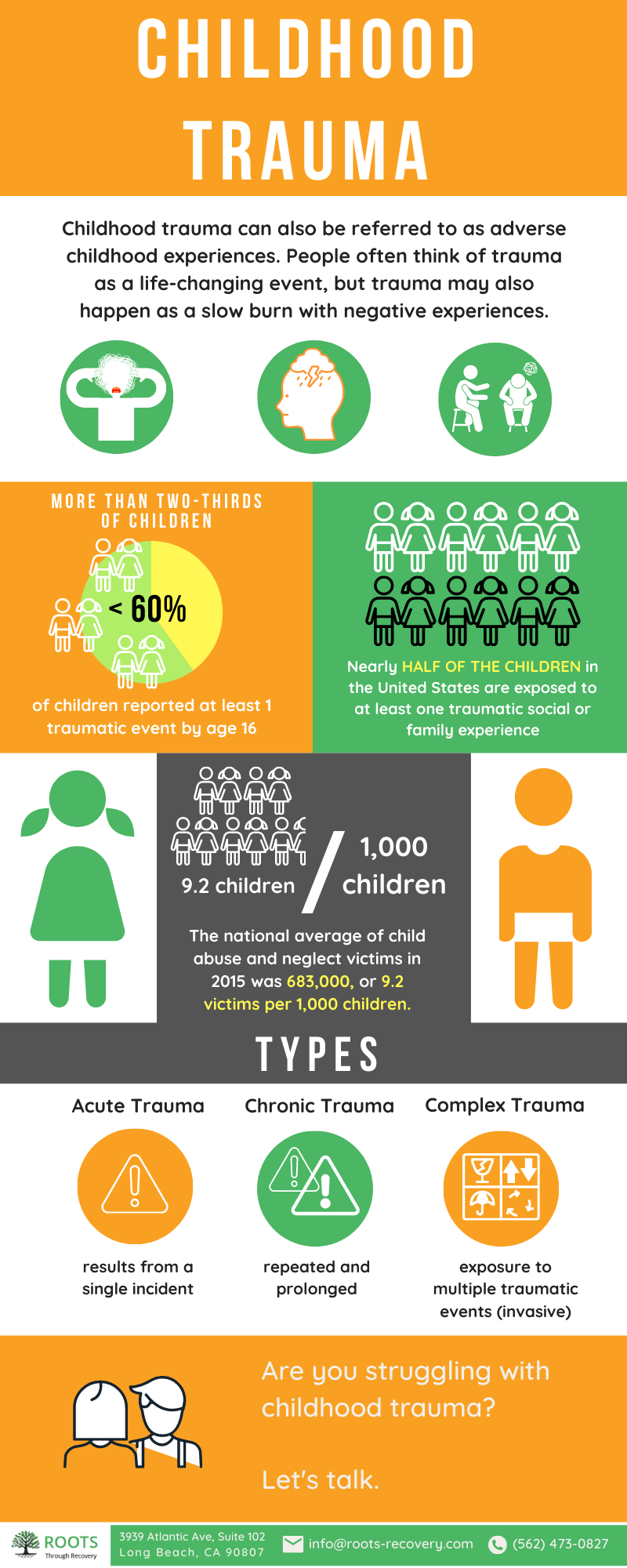

Trauma treatment how to#
Kuzminskaite and her colleagues write that further study and collaboration across disciplines are necessary to gain a better idea of how to examine and treat long-term outcomes, residual symptoms, and the underlying mechanisms that drive forward the long-lasting effects of childhood trauma. The study also evaluates two types of therapy, Eye Movement Desensitization and Reprocessing (EMDR) and Imaginary Rescripting. The big picture - Kuzminskaite says the paper highlights “the importance of screening for childhood trauma to identify individuals at risk for a more severe course of the disorder and post-treatment residual symptoms, as additional interventions may still be needed.”įor example, the ongoing RESET study in the Netherlands is evaluating whether the drug mifepristone - which is currently not used in psychiatry but has been evaluated in studies on depression - can help people with childhood trauma because of its interaction with the body’s stress system. Either way, it can lead to negative behaviors and mental. Trauma can impact you through the environment or genetic inheritance.

Intergenerational trauma occurs when traumatic events get passed down through the years. Rather, they can be helpful first steps and bring the possibility of eased symptoms. One of the primary reasons for such high rates of addiction among the Indigenous American population is intergenerational trauma. The aim of the study isn’t to show that first-line depression treatments are a cure. Some people will likely experience residual symptoms in the long term. She hopes the results broadcast the potential benefits of pharmacotherapy, psychotherapy, or a combination to adults with major depression and a history of childhood trauma.īut she also notes that these results do not imply that everyone will improve in the same ways r to the same extent. She says this study is the first to compare the effect of active treatments to control conditions, such as a waitlist or a placebo.īefore now, “the evidence on poorer treatment outcomes has not been definitive and a comprehensive meta-analysis of available findings has been lacking,” Kuzminskaite says. student at Amsterdam UMC and the study’s first author. Within this group, nearly 63 percent reported a history of childhood trauma.Įrika Kuzminskaite is a Ph.D. The discovery - This reevaluation is based on an analysis of 29 clinical trials involving 6,830 individuals. Around 46 percent of adults diagnosed with depression endured childhood trauma.


 0 kommentar(er)
0 kommentar(er)
